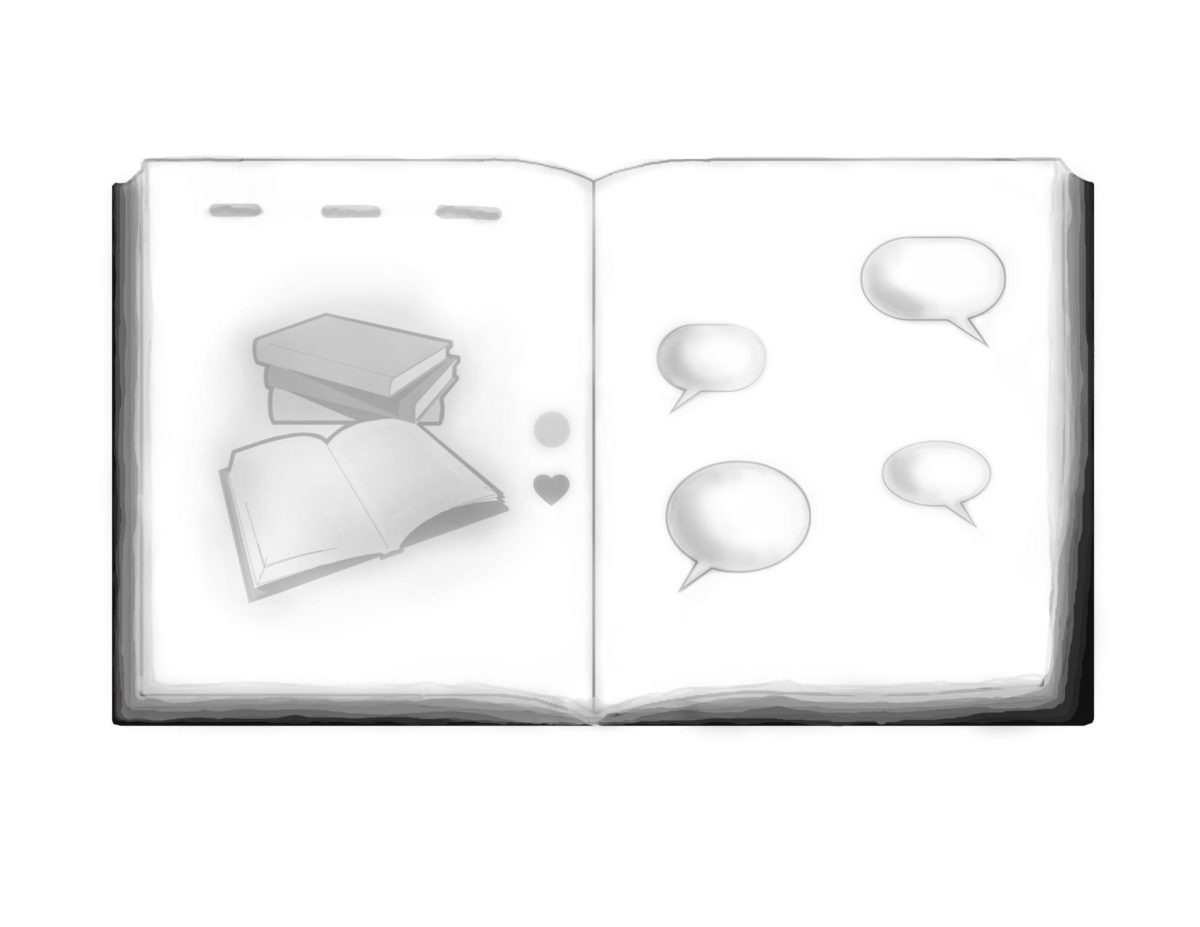by Hailey Rogge
STAFF WRITER
The romantic stereotypes of the American West have all been dashed away, and a very intricate human and ecological landscape redrawn: at least for the 21 Whitman students who spent last fall rediscovering their country on an environmental studies odyssey. The members of the 2006 Semester in the West program have returned to a more conventional classroom setting, prepared to apply the fall term’s experiences to their studies within the walls of academia: if not quite prepared for the stationary lifestyle.
Last semester, politics professor Phil Brick and his students went mobile, traveling almost 9,000 miles total throughout the western United States. Instead of desks, they had Crazy Creek chairs. Instead of Penrose Library, they had a solar-powered horse trailer. They camped out everywhere they went, and although there were tents at their disposal, most nights they slept out under the stars. “One of the best parts of being outside for three months was getting to see three full moon cycles,” declared SITW participant James Most, who added, “We had a really big tradition of howling and naked running.”
But the students were hardly cut off from civilization: the focus of Whitman’s unique field studies program is to understand more fully the complex social, political, and ecological issues that have developed in the modern American West. Not only from the young, educated, liberal, Outdoor-magazine-subscriber point of view either, but also from diverse backgrounds and positions.
When the group learned about public land management, for example, they spoke to both ecologists and cattle farmers, learning to relate to each.
“Phil really wanted to confuse us and show us all sides: show the reasoning behind their intentions,” explained Justine Pope, an environmental studies/politics major.
Along with the hands-on experiences there were also rigorous academics: everyone carried a full course load that included ecology, politics, writing and rhetoric, and almost every minute of the trip was scheduled with lessons and activities.
“My motto is ‘you can sleep when you’re dead,'” said Brick, who is the developer and director of the program. “Three months is a long time to camp, but it’s not a lot of time to do what we want to do.”
Still, they managed to do quite a lot: visiting gold mines and archaeological sites, studying desert ecology and water rights and livestock production, experiencing both sides of the U.S./Mexican border. They had a variety of teachers; they met with politicians, ranchers, writers, biologists, park service, foresters and others who were happy to donate their time and energy.
The students also gave back, completing various “service learning” projects during the trip: road closings, willow and grass transplantations to help slow erosion, and invasive plant removal.
In Hell’s Canyon, they walked and documented 80 miles of trails. Program participant Season Martin is currently integrating data into a GIS map that will be compared with forest service information to help decide which roads to decommission.
Other students brought their work back to Whitman campus as well. “I’ve found that I can really be engaged in something, even more than before,” said Ginny Robbins, a politics major who did an individual project on democracy and public land use.
“We all found our passion. Water allocation, urban development in the desert,” explained Most, who is continuing his study of public land management with a presentation at this year’s undergraduate conference. “You could have a passion and follow it through the whole trip.”











